A Splash of Illustrations:
Celebrating Historic Bridges of Western Oregon
Created by Portland State University Student Rachel Tilbury
Created by Portland State University Student Rachel Tilbury
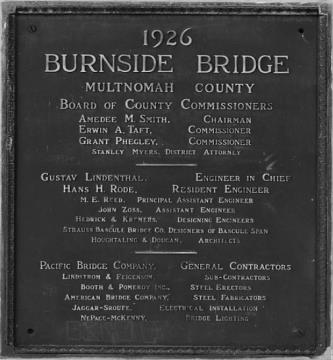
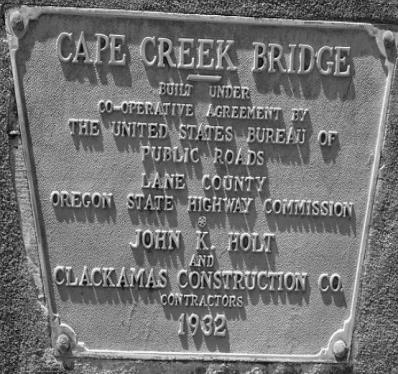
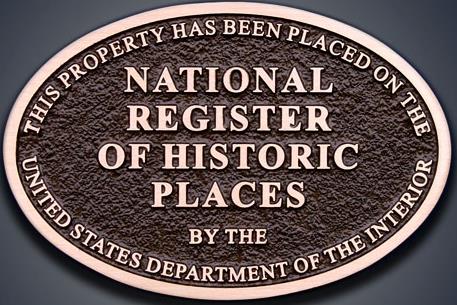
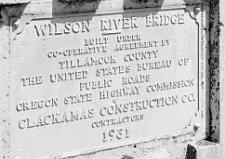
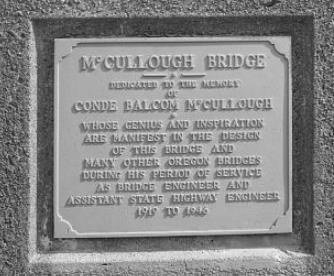
The National Register of Historic Places arose from the National Historic Preservation Act of 1966 , in an effort to identify, evaluate, and protect historic and archaeological resources at least 50 years old . The National Register provides an official list of our Nation’s historic places worthy of preservation and includes a variety of places such as structures, objects, sites, and even entire districts! These places are integral to our Nation’s heritage and represent our unique history throughout time.
As of today, the National Register contains more than 95,000 listings, with over 2,000 listings in Oregon!

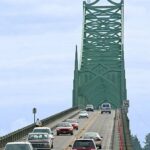


The historic bridges in Oregon are incredibly important to our everyday lives. We rely on them for migration and transportation across the region but these bridges are more than a means to connect landscapes. They are long standing structures carefully preserved throughout the decades. Generations of humans have utilized these iconic bridges and with responsible stewardship, their legacy will continue to be a key part of Oregon’s identity.
Lewis and Clark Bridge, Columbia County (Rainer)
46°06’17″N 122 57’42″W ![]()
Wilson River Bridge, Tillamook County (Tillamook)
45°28’42″N 123°50’40″W![]()
Tilikum Crossing, Multnomah County (Portland)
45.5049°N 122.6670°W![]()
Oregon City Arch Bridge, Clackamas County (Oregon City)
45°21’33″N 122°36’35″W![]()
Ben Jones Bridge, Lincoln County (Depoe Bay)
44°46’42″N 124°04’18″W![]()
Hayden Bridge, Benton County (Alsea)
44°22’59.3″N 123°37’50.4″W![]()
Cape Creek Bridge, Lane County (Florence)
44.133470°N, 124.121590°W![]()
McCullough Memorial Bridge, Coos County (Coos Bay)
43.43072°N 124.222336°W![]()
Grave Creek Bridge, Josephine County (Wolf Creek)
42°38’09″N 123°22’39″W![]()
Isaac Lee Patterson Bridge, Curry County (Gold Beach)
42.4272°N 124.4133°W![]()
Browse Eastern Structures eligible for the National Register at the Oregon Historic Sites Database!
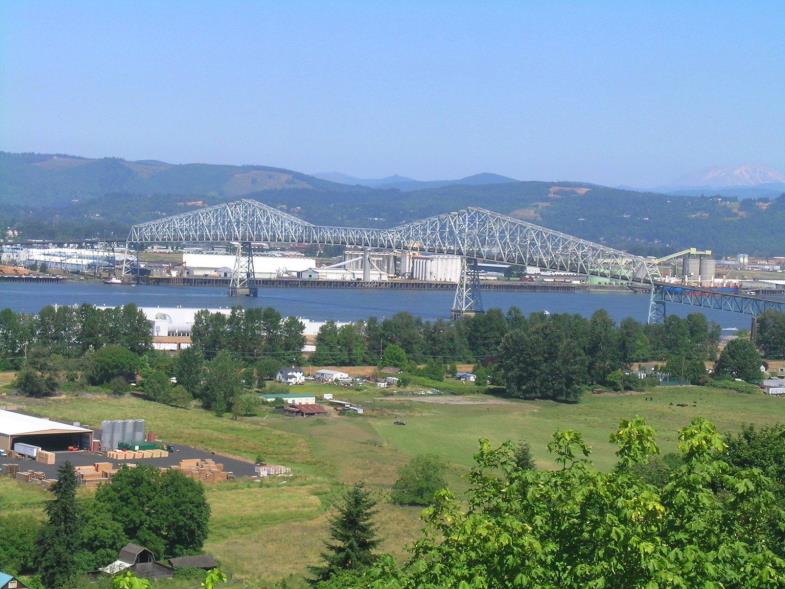
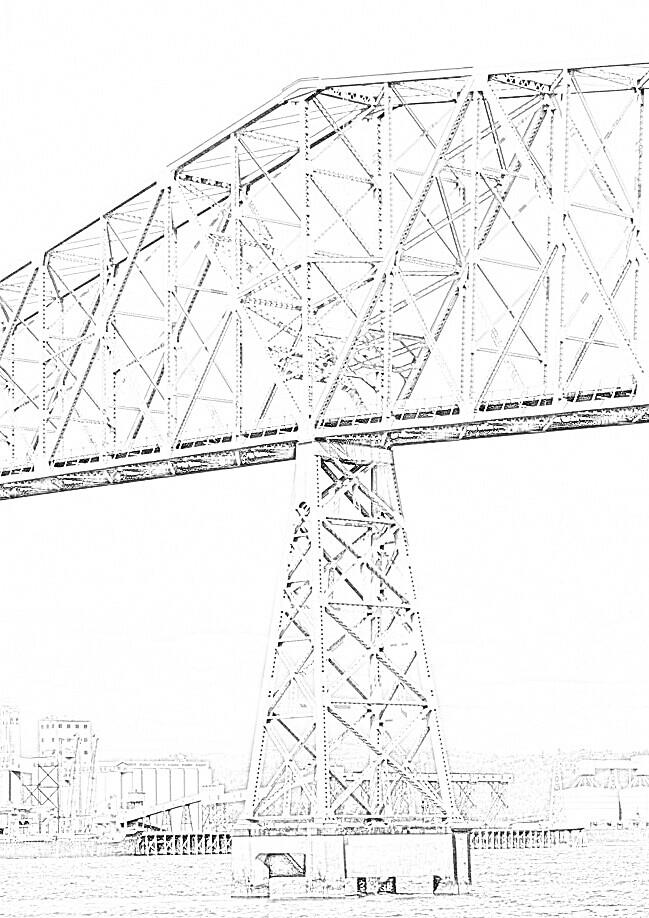
Inclusion: 1982-07-16
Constructed in 1929, this enormous cantilever truss bridge has a main span of 1,200 feet. Traversing the Columbia River, the bridge has connected Washington and Oregon for 93 years!
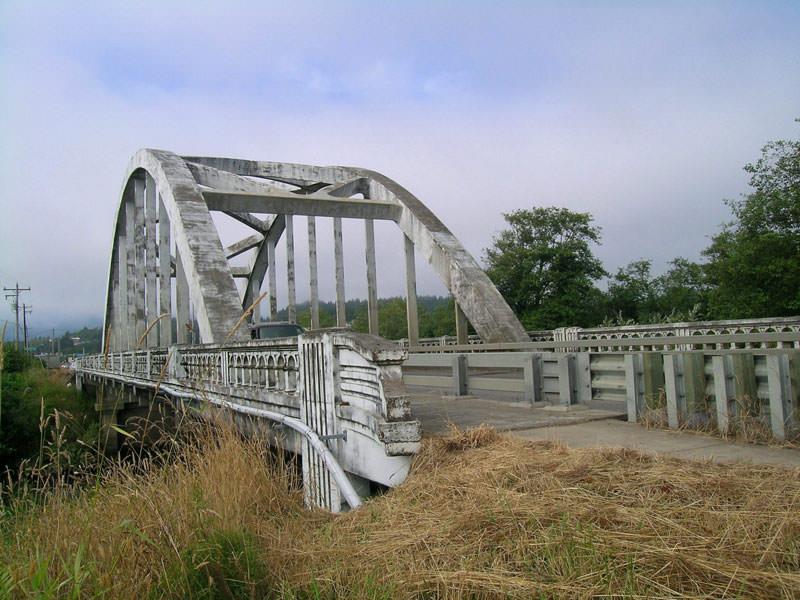
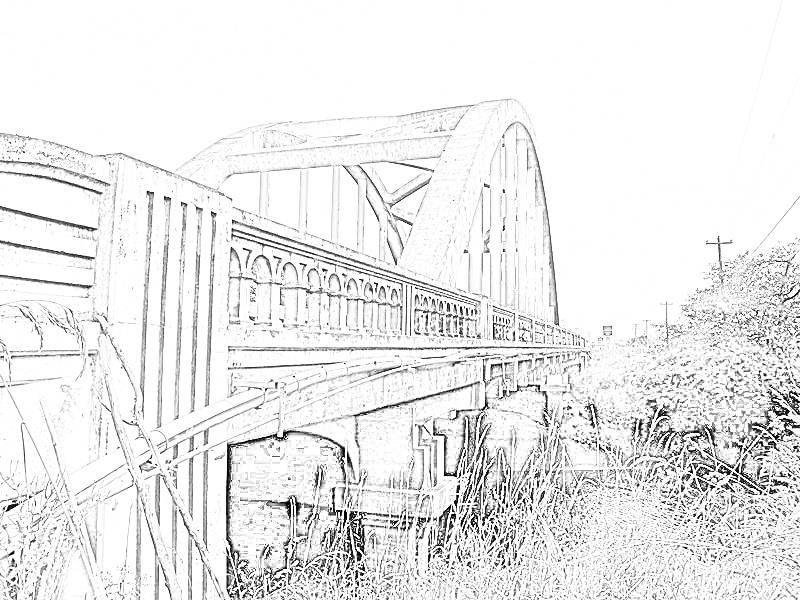
Inclusion: 2005-08-05
The Wilson River Bridge at Tillamook is the oldest single span rainbow arch bridge on the Oregon Coast, constructed in 1931. It is also the first reinforced concrete tied arch span built in the Pacific Northwest!
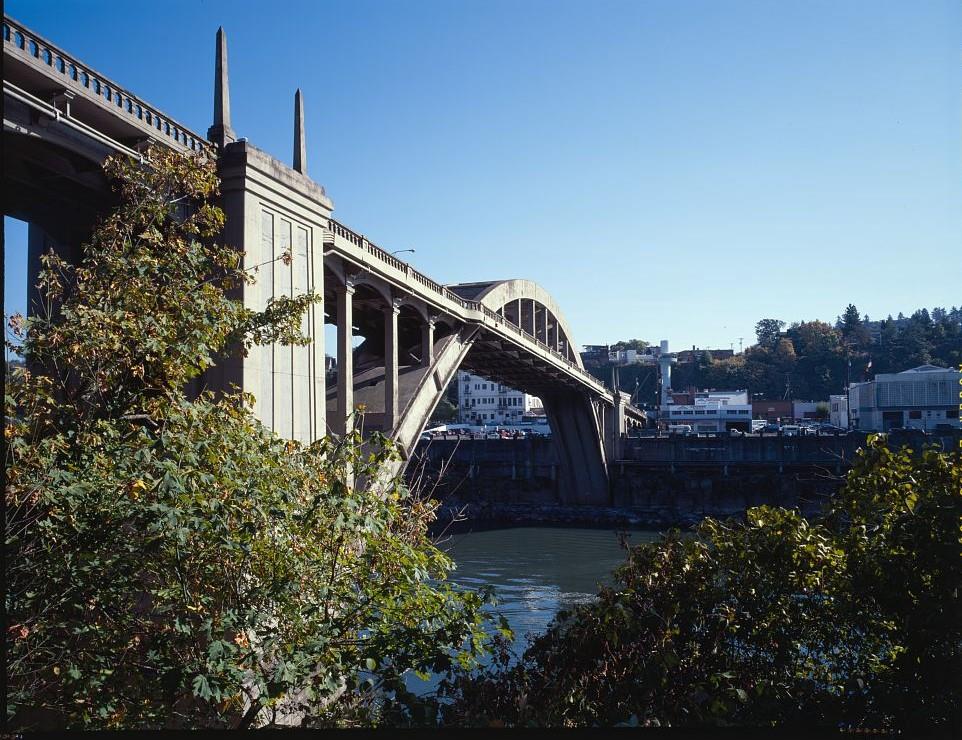
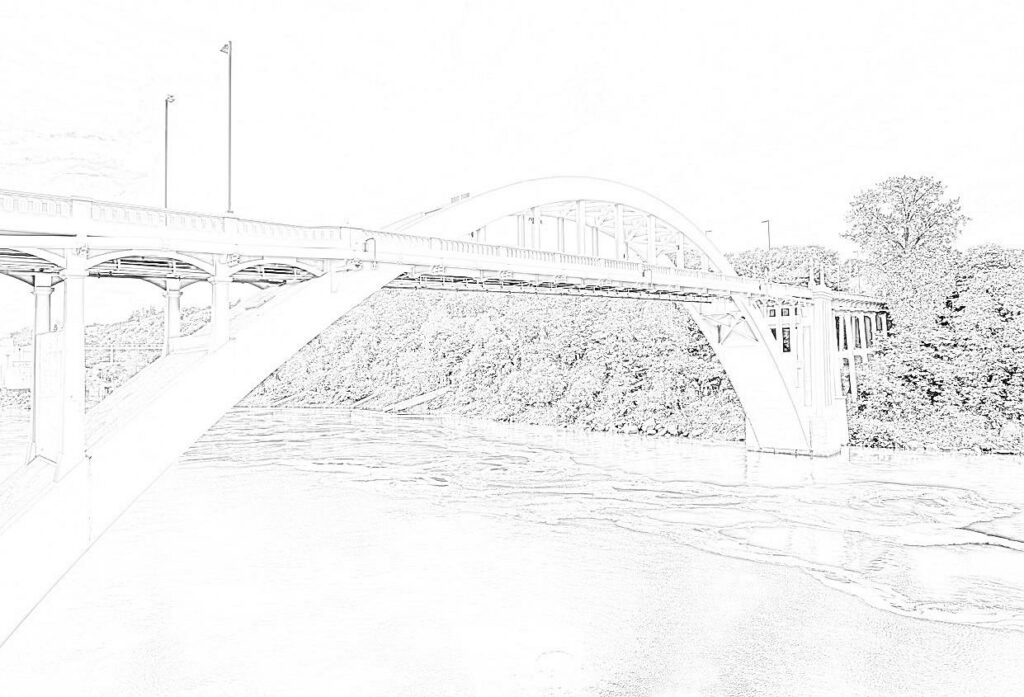
Inclusion: 2005-07-01
The Oregon City Bridge is a marvelous arch steel bridge completed in 1922. Spanning the Willamette River, this unique bridge connects West Linn and Oregon city.
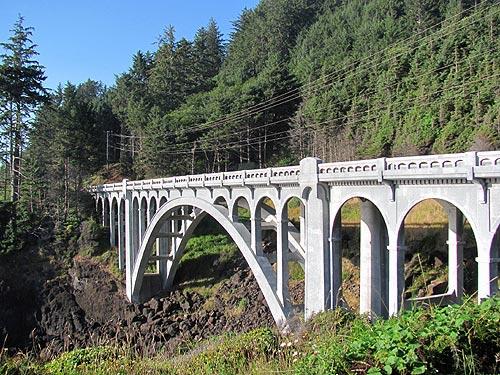
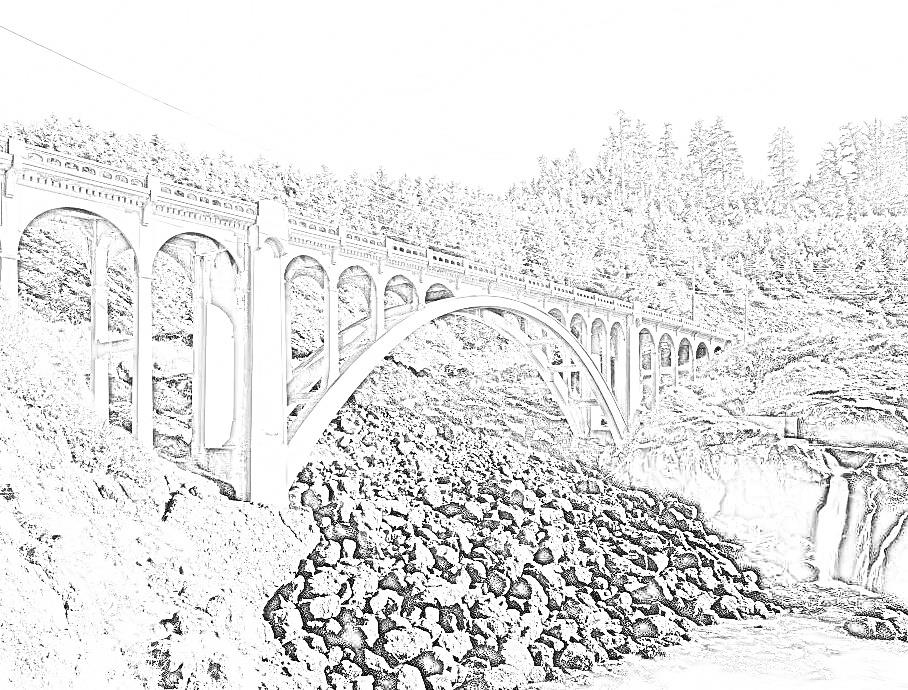
Inclusion: 2005-08-05
Also known as the Rocky Creek Bridge, this concrete open spandrel bridge once carried U.S Route 101 when it opened in 1927. The winding road is not ideal for heavy traffic, but it is perfect for magnificent vistas of the gorge opening near the mouth of Cape Creek.
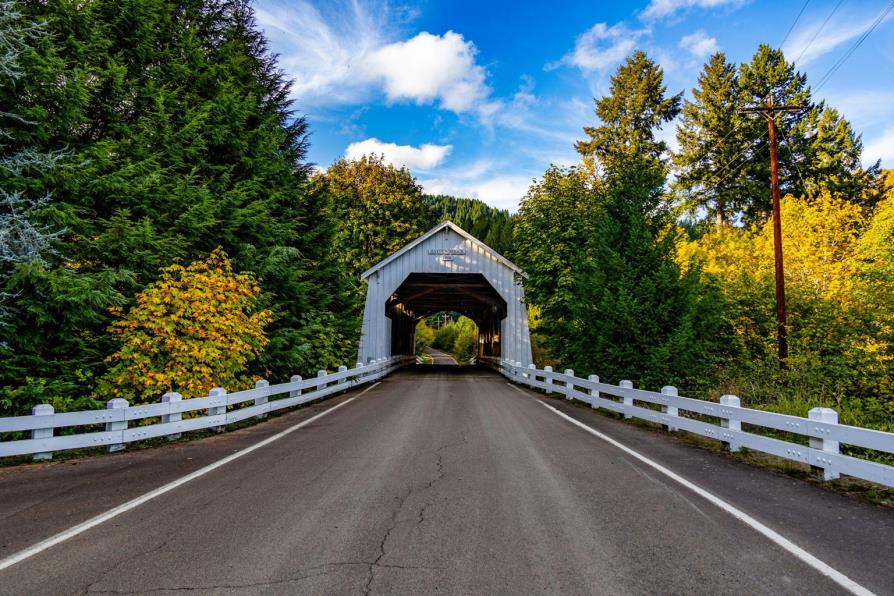
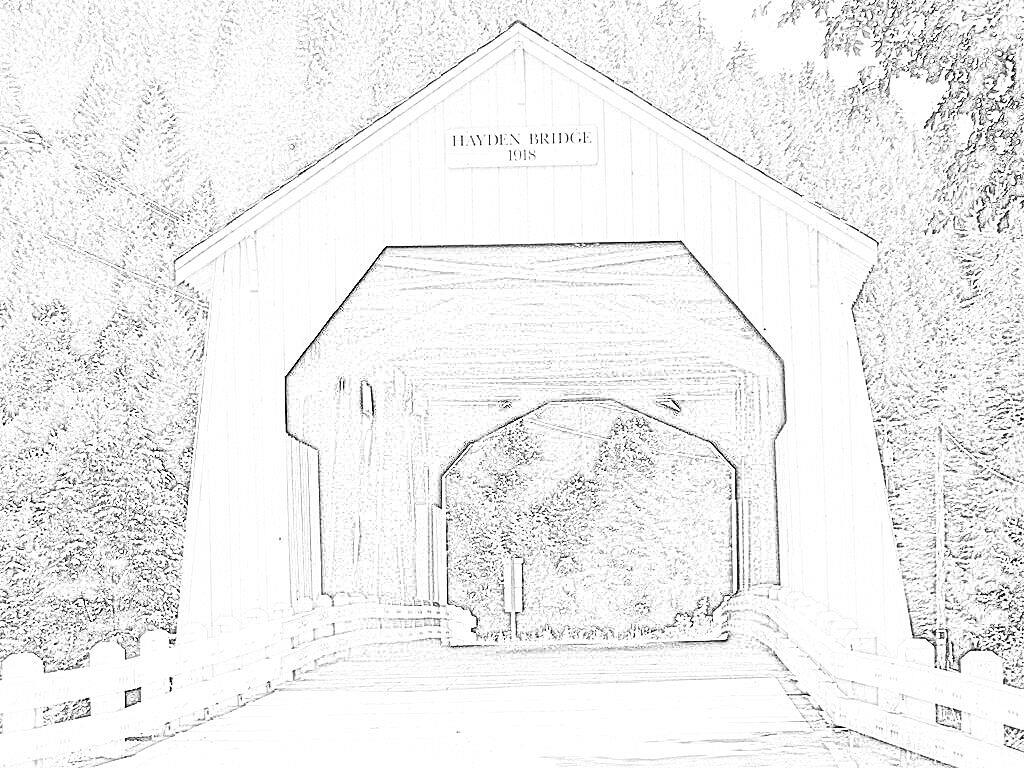
Inclusion: 1979 -11-29
Built in the year 1918, this sturdy covered Howe truss bridge is one of the oldest in the state! Hayden Bridge is the last still standing bridge spanning over the Alsea River.
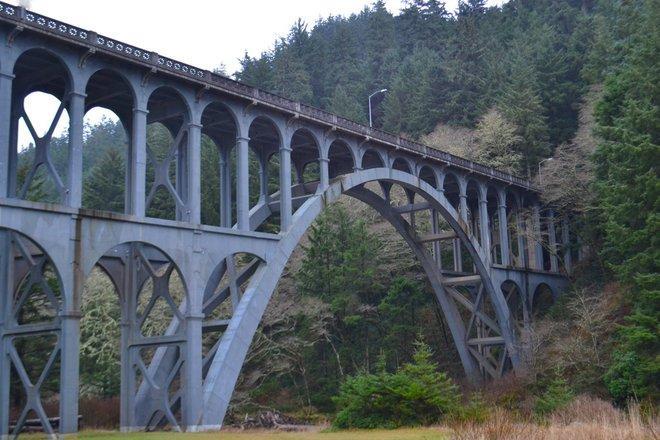

Inclusion: 2005-08-05
The iconic Cape Creek Bridge finished construction in 1932 and designed to resemble Roman aqueducts with multiple tiers of arches. Spanning Cape Creek, this concrete arch bridge carries U.S. Route 101.
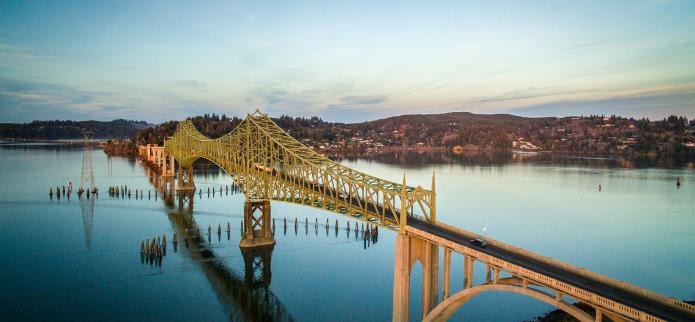
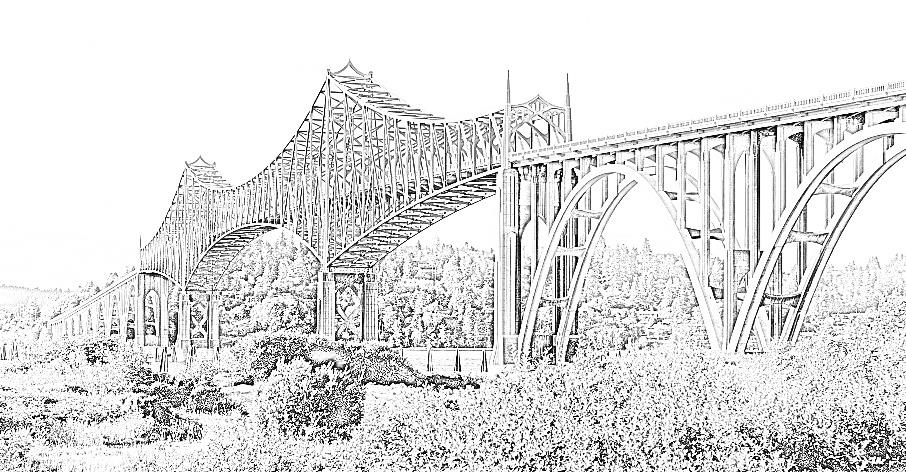
Inclusion: 2005-08-05
Completed in 1936, the illustrious bridge features several open spandrel concrete arches and a steel riveted cantilever , making it one of the most beloved landmarks on the Oregon Coast. Originally called the Coos Bay Bridge, the bridge was part of the federally funded Coast Bridges Project, a Works Progress Administration (WPA) plan to construct the Oregon Coast Highway
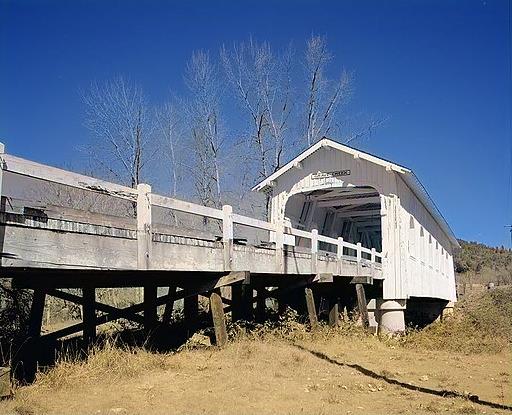
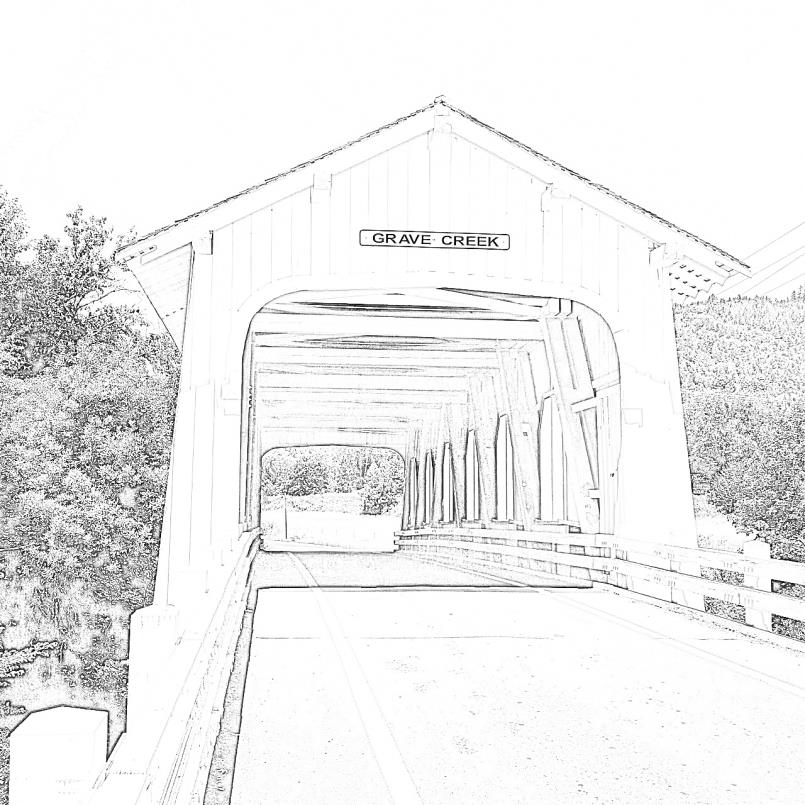
Inclusion: 1979-11-29
The Grave Creek Bridge is one of the few remaining covered bridges in Southern Oregon. Opening in 1920, the wooden structure includes six gothic style windows on both sides, a Howe truss, and rounded portals.
Learn more about the history and naming of the Grave Creek Bridge here!
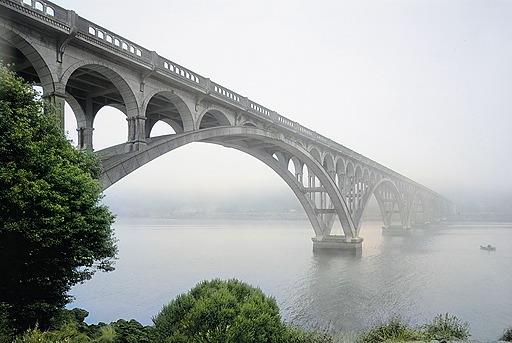
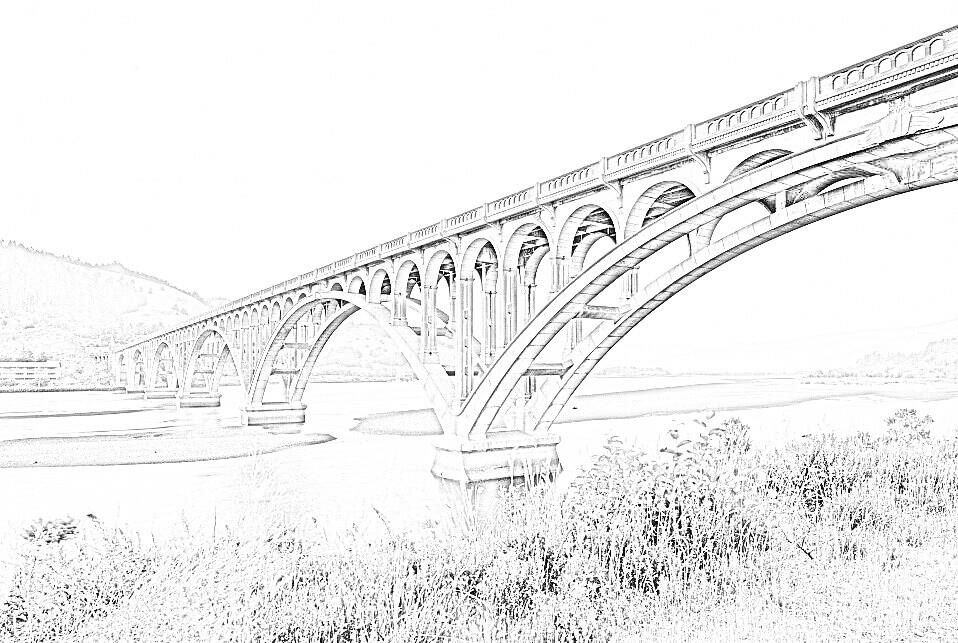
Inclusion: 2005-08-05
Also known as the Rogue River Bridge, this formidable bridge consists of seven reinforced concrete deck arches and finalized construction in 1932. The bridge spans the mouth of the Rogue River between Gold Beach and Wedderburn, and a key component on the Oregon Coast Highway.
Check out the captivating history of the Isaac Lee Patterson Bridge here!
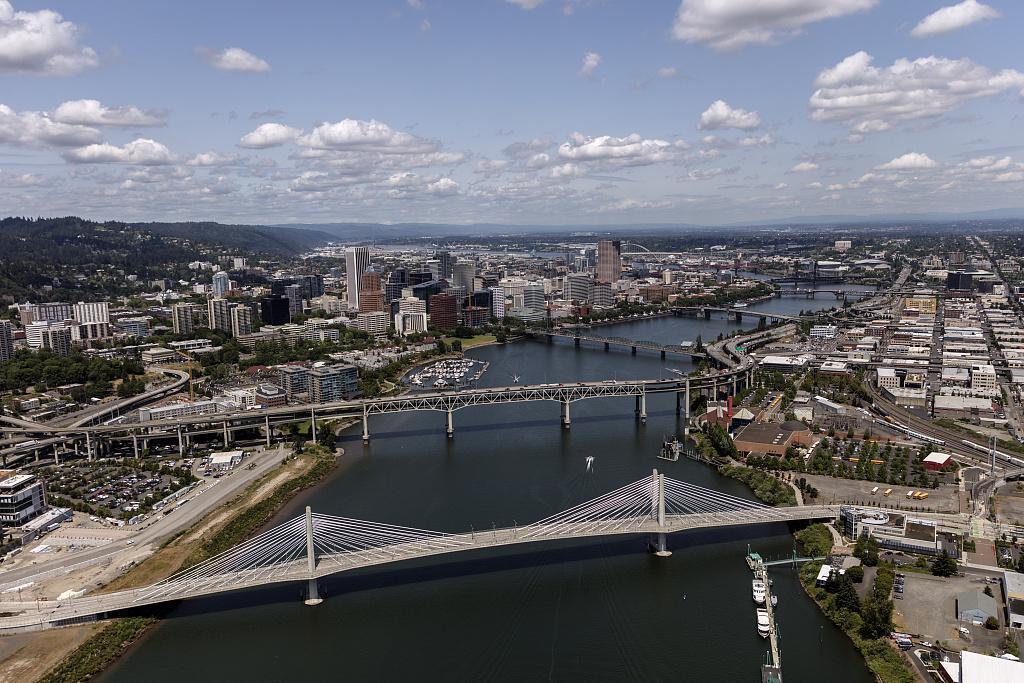

Inclusion: Eligible in 2064
The Bridge of the People is an excellent example of how societies create archeological sites! “Tilikum ” is Chinuk Wawa, a language used by first Oregonians, and later spoken by fur traders, settlers and the first few generations of Portlanders. Still spoken today, Tilikum means “people ,” tribe ” and relatives ,” and has come to describe friendly people and friends. This innovative cable stayed bridge is the first of its kind in the United States, carrying Trimet MAX lines, buses, streetcars, cyclists, and pedestrians over the Willamette River.
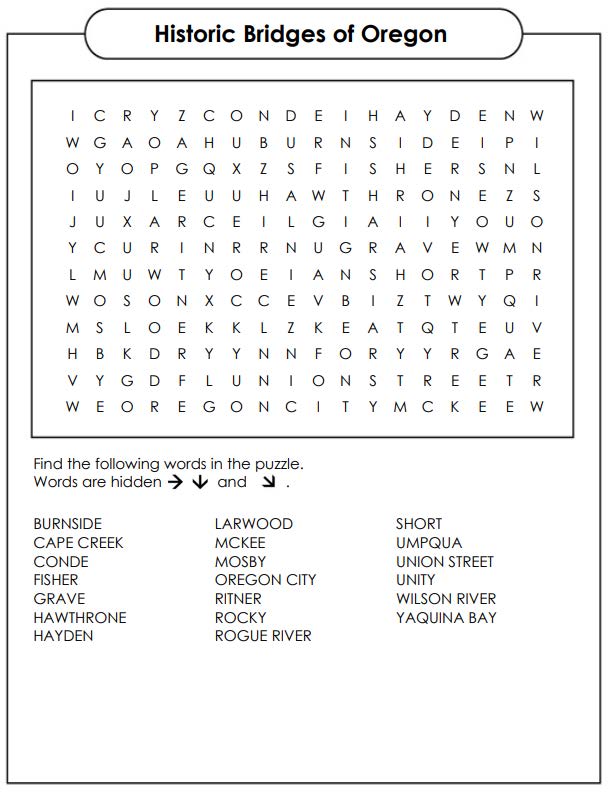
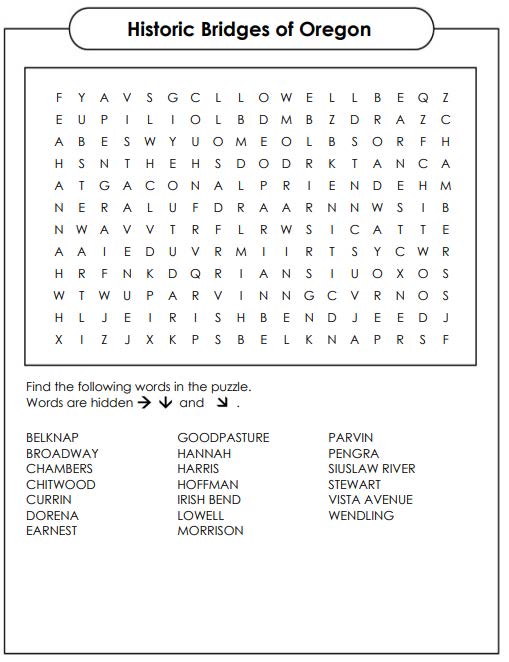
Want to turn your favorite historic structures into a coloring book page?
Check out this free, online tool!
Interested in creating your own educational word search?
Take a look at this free generator!
Unless otherwise noted, all pictures are available for public access on the Library of Congress website. Check out their extensive library catalog and digital collections
here!